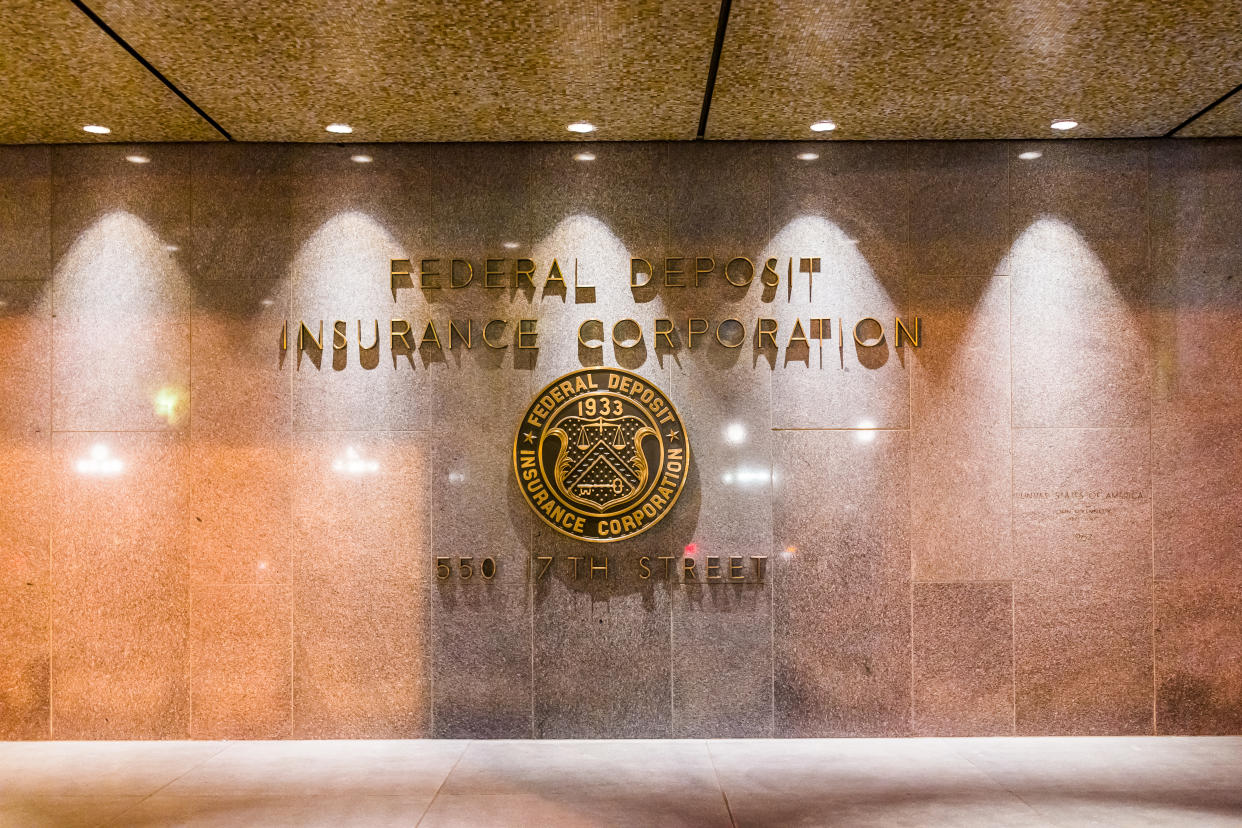insured bank
The Advantages Of Excess SIPC Insurance Brokerage Accounts
Robert Amoruso is the Founder and CEO of Gideon Strategic Partnersa boutique investment advisory firm based in Santa Monica.
Investing in excess of SIPC-insured brokerage accounts instead of FDIC-insured bank accounts may seem daunting. Still, for savvy investors, it could be the key to unlocking higher returns with greater security. Knowing how banks and investment custodians make money is essential to understand why. Banks primarily make money by lending out deposits at higher interest rates than they pay depositors. This is why FDIC-insured bank accounts are limited to $250,000 per depositor per account ownership category.
In contrast, investment custodians like Fidelity, Schwab and TD Ameritrade primarily make money by charging fees on assets under management. These custodians hold client assets in separate accounts legally segregated from their assets, so even if the custodian goes bankrupt, they are still protected.
This is where excess SIPC insurance comes in. The Securities Investor Protection Corporation (SIPC), a nonprofit dedicated to keeping your investments safe and secure, provides up to $500,000 in protection for securities held in brokerage accounts in the event that the brokerage firm goes bankrupt. Excess SIPC insurance offers additional protection beyond the $500,000 limit, typically up to $25 million per account. Investors holding securities in extra SIPC insurance brokerage accounts can have greater peace of mind knowing their assets are protected in a catastrophic event.
But what types of securities are appropriate for cash management? Short-duration, triple tax-free municipal bonds with low duration can be an excellent option for investors looking for a low-risk, tax-efficient investment. State and local governments issue municipal bonds to fund public works projects, and the interest income is typically exempt from federal, state and local taxes.
Short-duration bonds have maturities of one to three years, which means they have a lower interest
Here’s how certain bank deposits are backed by the government [Video]
Is your money safe in your bank account? That’s the question many Americans might be asking following the collapse of Silicon Valley Bank.
The simple answer, for most of us, is yes.
The Federal Deposit Insurance Corp.’s (FDIC) standard insurance covers up to $250,000 per depositor, per bank, for each account ownership category for deposit accounts like savings, checking, and certificates of deposit (CDs).
What spooked many customers of Silicon Valley Bank — until the the government ensured this weekend that all depositors would be paid back — is that their deposits far exceeded that insurance amount. Luckily, that’s largely not the case for everyday Americans.
“The vast majority of American households have bank deposits that are well below the $250,000 limit for FDIC insurance, which guarantees these households that their money is safe,” Mark Zandi, chief economist at Moody’s Analytics, told Yahoo Finance.
“These deposits are fully backed by the US government. This is very different from nearly all SVB depositors, who are mostly tech companies that had deposits of over $250,000 and were thus not insured by the FDIC. But even these depositors will not lose their deposits as the US government has stepped up and insured these deposits as well,” he added. “Households have no reason to be nervous about getting their money out of their bank when they want it.”
Here’s what to know about FDIC insurance.

What’s insured by the FDIC
To insure bank deposits, Congress established the FDIC, an independent federal agency under the Banking Act of 1933 to restore trust in the American banking system after more than a third of US banks failed after the Great

